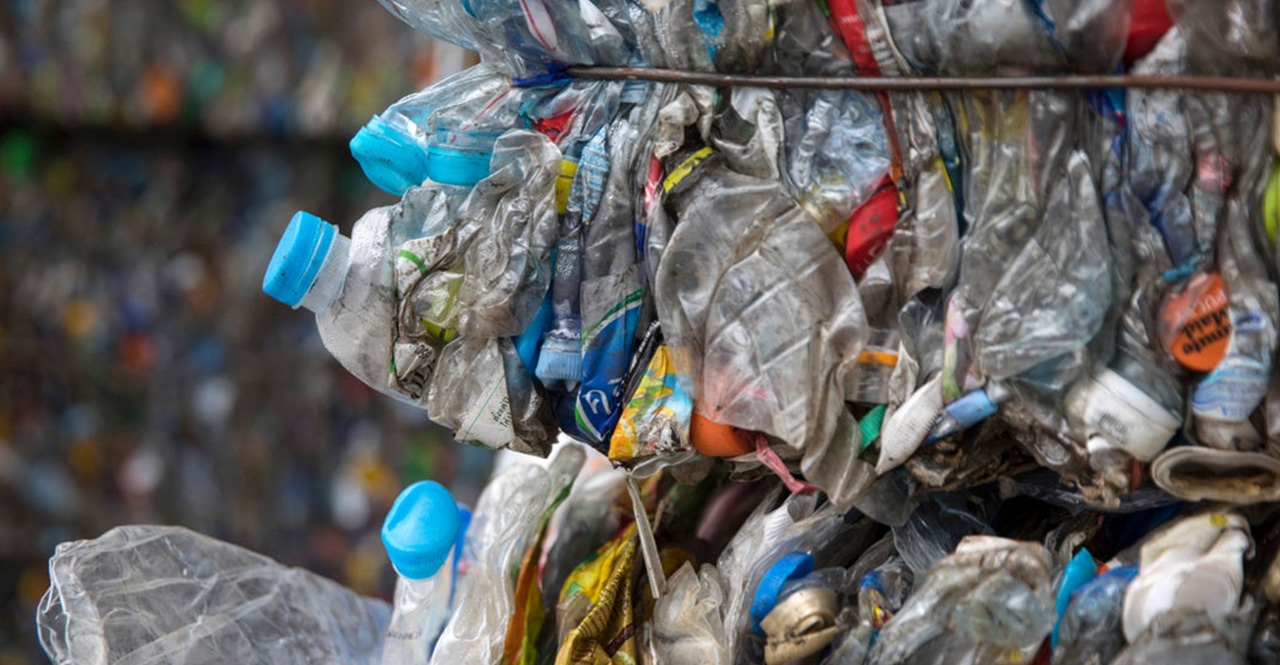Fostering Resource Efficiency and Environmental Defense Via Liquid Waste Elimination Programs
In the world of environmental stewardship, the administration of fluid waste stands as a critical time where source performance and environmental management assemble. Liquid waste elimination programs play a critical role in securing our ecological communities and making sure sustainable advancement techniques. By diligently resolving the disposal of fluid waste, communities and industries can not only mitigate prospective risks but also unlock possibilities for recycling and repurposing valuable resources. As we browse the intricacies of waste management in a quickly developing world, the harmony in between ingenious innovations, stringent laws, and forward-thinking approaches comes to be progressively vital. Through a lens of aggressive engagement and calculated insight, the landscape of fluid waste management reveals a tapestry of obstacles and possibilities that beckon us to discover the path in the direction of a greener and even more lasting future.
Value of Fluid Waste Removal
The significance of liquid waste removal hinges on its vital duty in preserving ecological health and wellness and guarding public wellness. Liquid waste, if not correctly managed, can position major threats to ecosystems, water sources, and human wellness. Via effective elimination processes, harmful compounds such as microorganisms, toxins, and chemicals are avoided from infecting the environment and triggering destructive effects.
Proper fluid waste removal additionally assists in preventing the spread of illness and reducing the capacity for groundwater contamination. By safely taking care of liquid waste, the danger of waterborne ailments and pollution-related health and wellness problems is dramatically minimized - Industrial waste water treatment. In addition, effective elimination practices contribute to maintaining the overall sanitation and appearances of neighborhoods, therefore improving the top quality of life for citizens
Moreover, liquid waste removal plays a crucial duty in supporting sustainable development and making certain conformity with environmental regulations. By adhering to appropriate waste administration organizations, sectors and procedures can reduce their ecological footprint and demonstrate business responsibility. Eventually, spending in durable fluid waste elimination programs is essential for promoting environmental stewardship and fostering a healthier, much safer future for all.

Benefits of Effective Disposal
Efficient disposal of liquid waste not only safeguards environmental health and public well-being however likewise yields many advantages that prolong beyond prompt control procedures. With processes like recycling and power recuperation, beneficial sources can be removed from liquid waste, promoting sustainability and minimizing the stress on raw products. Generally, the advantages of reliable fluid waste disposal are multifaceted, incorporating ecological security, source effectiveness, and financial advantages.
Technologies for Waste Treatment
Using innovative innovations for waste therapy plays a critical duty in making sure the efficient administration and safe disposal of liquid waste. One of the essential modern technologies used in liquid waste therapy is biological treatment.
Furthermore, thermal treatment techniques such as incineration can be employed for the total damage of unsafe components in fluid waste. On the whole, the integration of diverse therapy modern technologies guarantees detailed and eco pleasant administration of liquid waste.
Function of Rules and Conformity
In the world of fluid waste administration, adherence to regulatory frameworks and compliance criteria is paramount for protecting environmental wellness and sustainability. Regulations play an essential function in governing the correct handling, therapy, and disposal of liquid waste to stop harm to ecosystems and human health and wellness. By developing clear guidelines and criteria, regulatory bodies guarantee that services and individuals included in liquid waste management run in an environmentally responsible manner.
Conformity with these policies is not only a legal requirement however additionally an honest obligation to secure the setting for existing and future generations. It entails applying best practices in waste collection, transportation, treatment, and disposal to lessen ecological influence and promote source efficiency. Non-compliance can lead to penalties, lawful activity, and reputational damages for organizations, highlighting the importance of maintaining governing criteria.

Future Fads in Waste Management

Another vital pattern in waste monitoring is the fostering of advanced information analytics and synthetic intelligence to enhance waste collection paths, improve sorting procedures, and boost general functional performance. These technologies make it possible for waste management companies to make data-driven choices, leading to cost savings and environmental benefits.
In addition, there is a growing focus on the development of decentralized waste management systems, such as onsite treatment centers and mobile waste handling units. These systems offer adaptability and scalability, permitting for much more efficient waste handling in varied atmospheres.
Conclusion
In verdict, promoting resource effectiveness and environmental defense with liquid waste elimination programs he said is important for sustainable advancement. Efficient disposal approaches, advanced modern technologies for waste treatment, and rigorous policies play key functions in minimizing ecological impact. Looking ahead, continual advancement and improvement in waste monitoring practices will certainly be important for resolving the growing obstacles of liquid garbage disposal.
In the realm of environmental stewardship, the monitoring of liquid waste stands as a critical point where source efficiency and ecological defense assemble (Reclaim Waste).Using sophisticated modern technologies for waste treatment plays a vital role in guaranteeing the efficient monitoring and safe disposal of liquid waste.In the world of fluid waste administration, adherence to governing structures and compliance requirements is vital for safeguarding environmental health and wellness and sustainability.In verdict, promoting source performance and environmental security via fluid waste elimination programs is crucial for sustainable advancement. Looking in advance, continual innovation and enhancement in waste administration techniques will certainly be vital for resolving the expanding challenges of fluid waste disposal